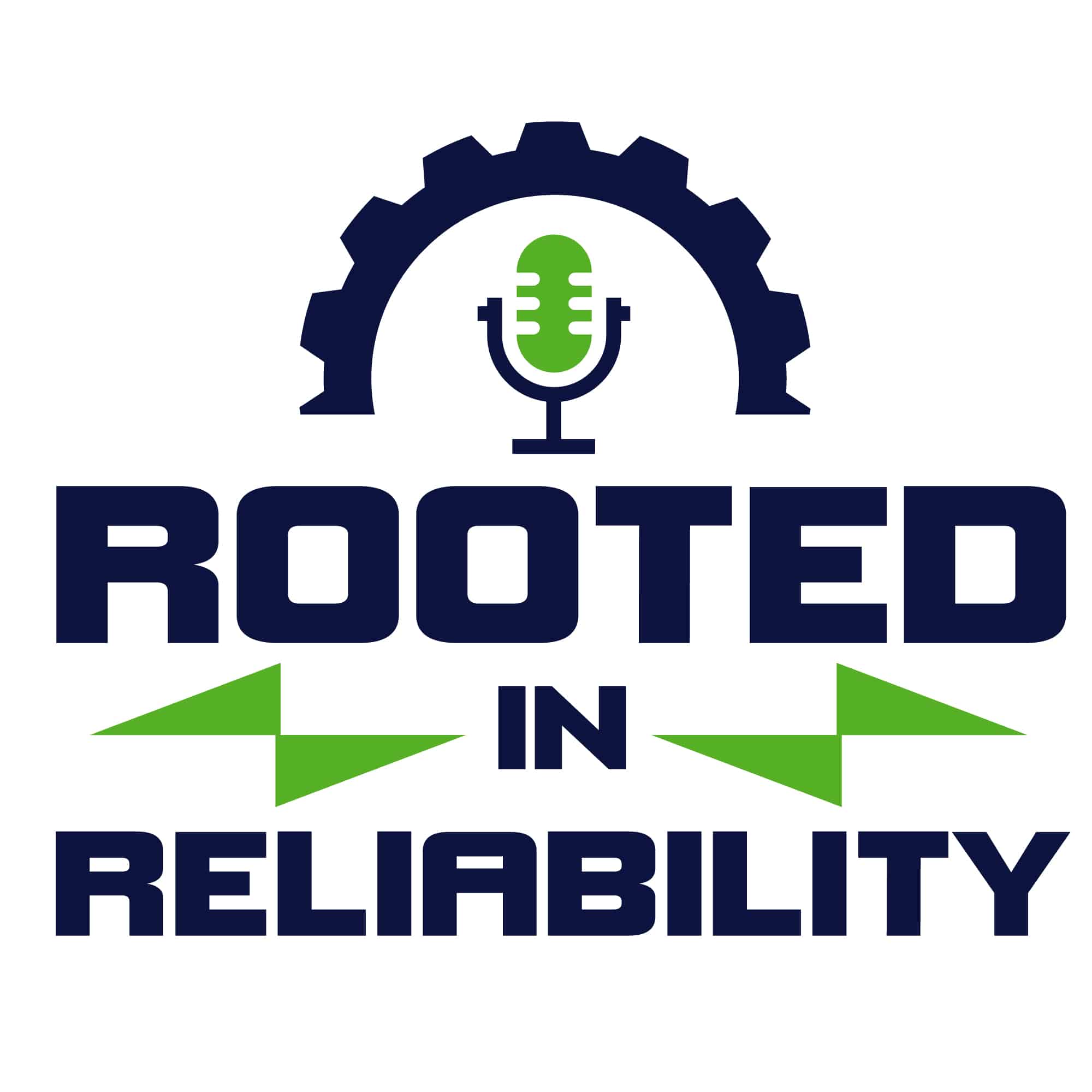
The Job Plan Library with Brandon Weil
Technicians and engineers carry out their day to day tasks in a standard way. Sometimes, there are variations in the operating conditions but the standard procedures stay the same. They are doing PMs and different sorts of analysis. Some are really good at it because they have been doing it for a long time. The experience and knowledge of those people should be written down somewhere so that others can adopt those best practices to carry out their standard routine work the same way. This is something a Job Plan Library can help with. It is the standard plan work that is written down and implemented the same way every single time.
In this episode, we covered:
- What is the Job Plan Library?
- Why we need a Job Plan Library?
- Where do we start when building a Job Plan Library?
- How should a Job Plan Library be organized?
- And much more!
The goal behind building a library is to reduce human error as much as possible and trend the good practices. The organizations that are looking to start a Job Plan Library can start by putting their repetitive jobs in the library first and then take it from there. These jobs can be any routine work but they should be complex and on top of the do list. These jobs should be challenging so that everyone would learn from it. Once they have a baseline to draw the knowledge from, they can build on that job plan.
Not every job needs a job plan to get it right. It also depends on the experience of the technicians that are going to do that job. If the technician doing the job is a trainee, the job plan should always be written in such a way that the language is understandable to that new technician and all the details are written down in the document. The job plan should always be written after taking inputs from different experienced personnel so that there are the right amount of details in the job plan for that particular technician to carry it out.
Once you have written down a job plan, the next step should be to store that knowledge into a CMMS. No matter where or how the data is being stored, everyone related to the job should have access to it at the right time. A good job plan always has some quick repair procedure built in it in case there’s a breakdown in the facility. While making a job plan, the planners should take asset details and asset class details into account as well so that the plan covers both aspects in the right amount of parameter details.
It is always good to attach documents to the job plans and then try to integrate them into the CMMS. That not only saves time but helps people get the data values when they needint one place. The planner should be able to plan the jobs in such a way that asset hierarchy would be clear and understandable to everyone. It is a common practice to carry out the Predictive Maintenance according to a plan but corrective and routine maintenance work needs job plans as well. The organizations should trend job plans more and more.
Eruditio Links:
- Eruditio
- HP Reliability
- Scheduling Best Practices with Christine Banham
- Planning & Scheduling with Jeff Shiver
- James Kovacevic’s LinkedIn
- Reliability Report
Brandon Weil Links:

Rooted In Reliability podcast is a proud member of Reliability.fm network. We encourage you to please rate and review this podcast on iTunes and Stitcher. It ensures the podcast stays relevant and is easy to find by like-minded professionals. It is only with your ratings and reviews that the Rooted In Reliability podcast can continue to grow. Thank you for providing the small but critical support for the Rooted In Reliability podcast!
 Ask a question or send along a comment.
Please login to view and use the contact form.
Ask a question or send along a comment.
Please login to view and use the contact form.
Leave a Reply